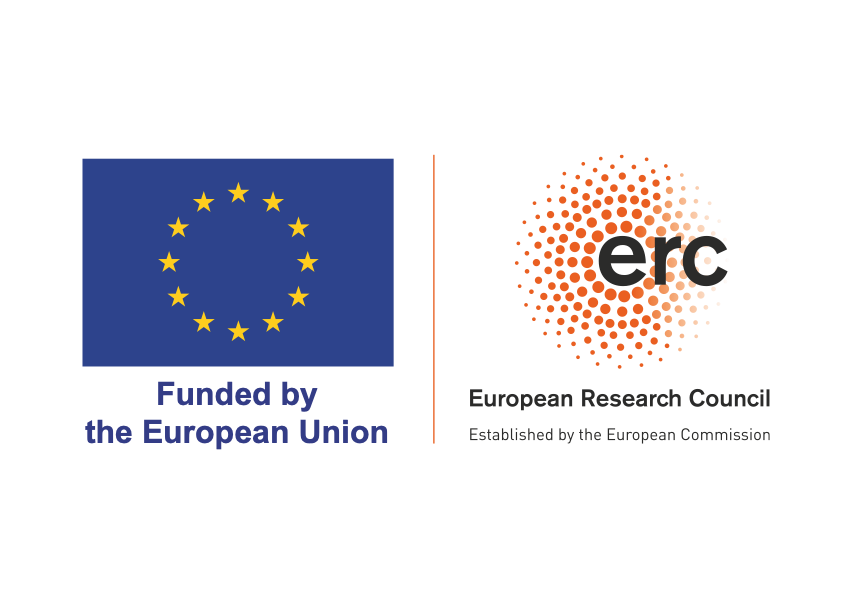ERC Research project
Historiography has assigned a very particular understanding to the perestroika project: it is perceived as enacted from above, hinging on the persona of Gorbachev, and a phenomenon to which people reacted rather than forced action upon. This project will instead look at “perestroika from below”.
Juliane Fürst received an Advanced Grant from the European Research Council (ERC) to lead a team of two post-doctoral fellows and two doctoral students, who will explore Soviet people’s thoughts, feelings and actions during the ‘long’ Perestroika of the 1980s and 90s. With Putin systematically undoing the reforms of the period, including the devolution of the Soviet republics, an understanding of Perestroika and its relevance for the people who supported, shaped and imbued it with life is more important than ever.
The project "Perestroika from Below" is dedicated to a well-known moment in Soviet history and aims to look at it in a completely new way. It focuses on the large number of people who participated in the ambitious attempt to redefine the life, history and future of the Soviet Union and its successor states in the 1980s and 1990s. Not all of them were liberal or democratic forces. The project will thus also take a close look at nationalist, religious, and subcultural elements. They were all shaped by the restructuring process and at the same time helped shape it themselves - at times in alignment with, and at times counter to official policy.
Through oral history interviews and other ego-documents as well as archival and published sources, the project intends to reconstruct individuals’ path into the perestroika experience and follow their trajectories into the 1990s. It aims to explore their motivations, thoughts, and actions - not so much in terms of their political orientation, but rather by identifying them as members of emotional and affective communities. In doing so, marginalized groups will be placed at the center of the analysis. In addition, the project aims to focus on the experiences of the Soviet provinces, especially on the non-European periphery.
Click here for the website of the research project "Perestroika from Below".

Funded by the European Union. Views and opinions expressed are however those of the author(s) only and do not necessarily reflect those of the European Union or the European Research Council Executive Agency. Neither the European Union nor the granting authority can be held responsible for them.
